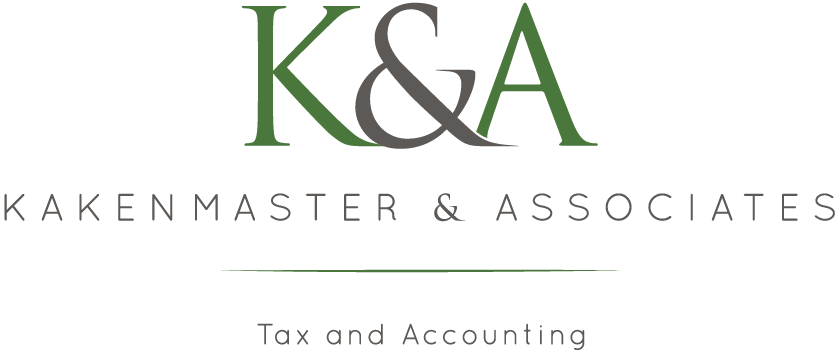Below are some updates to consider as you begin to gather your 2021 tax documents. Please take a few minutes to read these updates, as well as familiarize yourself with this year’s Tax Data Sheet.
Advanced Child Tax Credit Payments:
December 15, 2021, was the last scheduled Advance Child Tax Credit payment unless future legislation is enacted. Taxpayers who received these advanced payments will have to file Schedule 8812 on their 2021 tax return. Recipients of the Advanced Child Tax Credit payments should expect to receive Letter 6419 from the IRS. Please include this letter with your tax data. For most taxpayers, the advanced payments will be less than the allowable credit, but if the credit is less than the payments, you may or may not have to pay back the excess.
Economic Impact Payment Letters:
The IRS will issue Letter 6475 to the recipients of the third Economic Impact Payment and any plus-up payments. These payments were sent out from March 2021 through December 31, 2021. This information will also be needed when you file your 2021 tax return.
IRA Required Minimum Distributions:
Don’t forget that if you are 72 years old or older, you must take required minimum distributions (RMDs) from your traditional IRAs, 401(k)s, Roth 401(k)s, 403(b)s, 457(b)s, SEPs, SARSEPs, and SIMPLE IRAs or pay a 50% penalty. To determine the RMDs, begin with your account balances as of December 31, 2020, and use the table included in IRS Publication 590-B. You must take the RMD from each type of retirement account. If you have more than one account within a specific type of plan, you can total the RMD from each account and take the entire amount out of one account. For example, if you own three 403(b) accounts, you can add up your RMD from each one, but only withdraw the total from one specific 403(b) account.
However, this rule does not apply to 401(k) and 457(b) accounts. You cannot add up the total RMDs from multiple 401(k) and 457(b) accounts and just take the RMD from one account. You must take the RMD from each individual 401(k) and 457(b) account. The only exception would be if you are working past age 72 and have a 401(k) from your current employer and don’t own more than 5% of this company. You won’t be required to take it out of your current employer’s 401(k) account, but will still have to take the RMD out of other 401(k) accounts.

